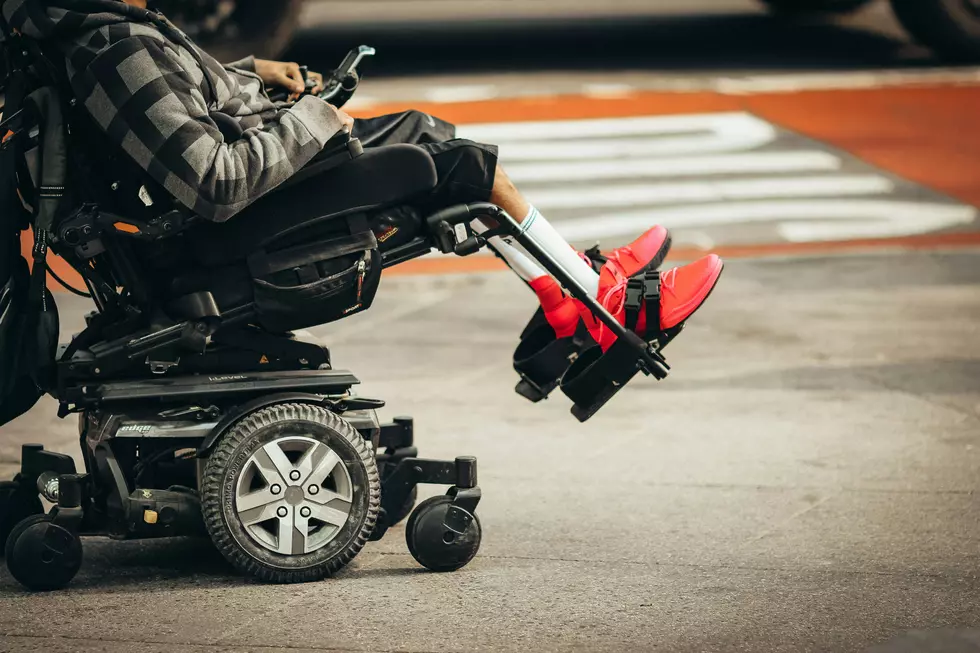
Expert Tips
10 Tips for Family Caregivers
1. Caregiving is a job and respite is your earned right. Reward yourself with respite breaks often.
2. Watch out for signs of depression, and don't delay in getting professional help when you need it.
3. When people offer to help, accept the offer and suggest specific things that they can do.
4. Educate yourself about your loved one's condition and how to communicate effectively with doctors.
5. There's a difference between caring and doing. Be open to technologies and ideas that promote your loved one's independence.
6.Trust your instincts. Most of the time they'll lead you in the right direction.
7. Caregivers often do a lot of lifting, pushing, and pulling. Be good to your back.
8. Grieve for your losses, and then allow yourself to dream new dreams.
9. Seek support from other caregivers. There is great strength in knowing you are not alone.
10. Stand up for your rights as a caregiver and a citizen.
Tips for Family Caregivers from Doctors
Write questions down so you won’t forget them
Be clear about what you want to say to the doctor. Try not to ramble.
If you have lots of things to talk about, make a consultation appointment, so the doctor can allow enough time to meet with you in an unhurried way.
Educate yourself about your loved one’s disease or disability. With all the information on the Internet it is easier than ever before.
Learn the routine at your doctor’s office and/or the hospital so you can make the system work for you, not against you.
Recognize that not all questions have answers—especially those beginning with “why.”
Separate your anger and sense of impotence about not being able to help your loved one as much as you would like from your feeling about the doctor. Remember, you are both on the same side.
Appreciate what the doctor is doing to help and say thank you from time to time.



